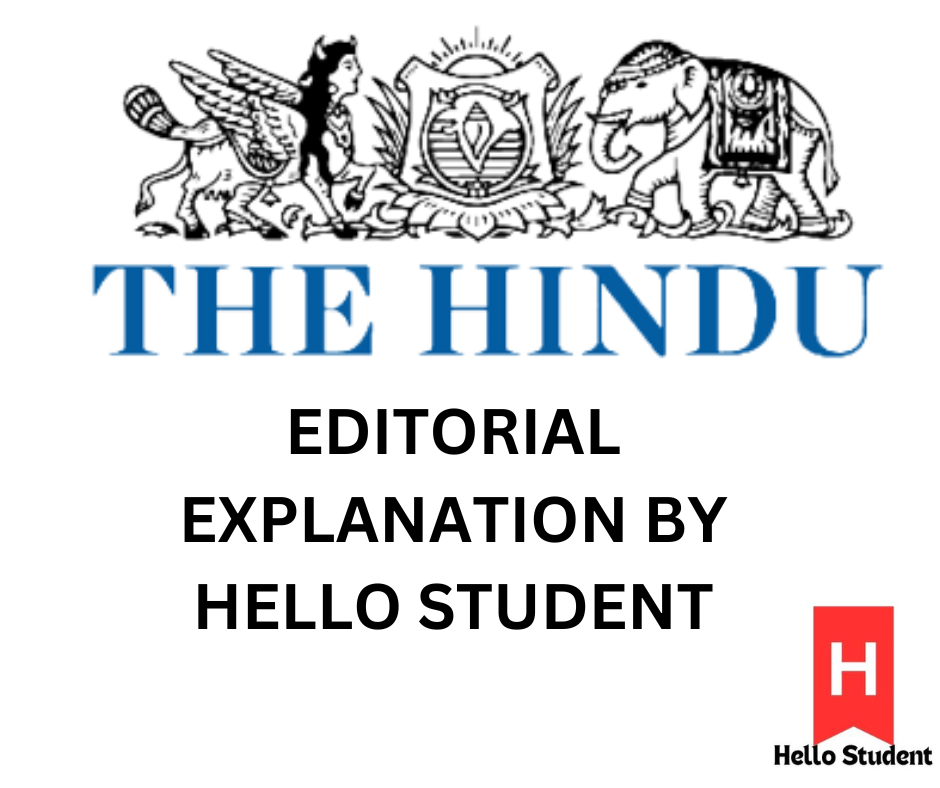The article discusses the proposed “UGC (Minimum Qualifications for Appointment and Promotion of Teachers and Academic Staff in Universities and Colleges and Measures for the Maintenance of Standards in Higher Education) Regulations, 2025.”
These new rules have raised concerns as they could change how universities are governed, especially regarding the selection of Vice Chancellors (VCs).
Currently, education is a shared responsibility between the central and state governments in India.
The new proposal, however, seems to give more control to the central government, particularly over the process of selecting VCs. Right now, state governments are involved in choosing VCs, but the new rules suggest that the Governor (who is also the Chancellor in many states) should have this power instead.
The Governor would choose the VC from a list of names recommended by a committee made up of the Governor’s nominee, the UGC Chairman, and the university’s governing body. This change would take away the state governments’ role in creating this selection committee.
If universities don’t follow these new guidelines, they could lose funding from the UGC, which would be a major issue for many institutions.
Unsurprisingly, several state governments, especially in Tamil Nadu, have opposed these changes.
Tamil Nadu’s Chief Minister, M.K. Stalin, argues that the proposal goes against the principles of federalism (the sharing of power between central and state governments) and could harm the higher education system.
Another controversial aspect of the proposal is the suggestion to allow non-academics to become VCs.
These individuals could come from industries, public administration, or other fields, as long as they have significant experience. Some fear this could lead to political appointments, where VCs are chosen based on political loyalty instead of merit.
However, others believe that non-academics can bring valuable leadership to universities, citing examples like former President K.R. Narayanan and scientist Y. Nayudamma, who contributed to academic institutions despite not having academic backgrounds.
Lastly, the proposal also suggests extending the term of a VC from the usual 3 years to 5 years, which has been generally welcomed.
Overall, the article argues that while some aspects of the proposal, like the longer VC term, are positive, the changes that reduce the role of state governments and the independence of universities should be reconsidered.
The long-term goal should be to make universities more independent, focusing on academic excellence, with the government’s role being limited to providing funding.
.
.
.
join our telegram channel for regular updates of The Hindu Epaper Editorial Explanation-https://t.me/Thehindueditorialexplanation
The Hindu Epaper Editorial Explanation given by Hello Student is only a supplementary reading to the original article to make things easier for the students.
In conclusion, preparing for exams in India can be a daunting task, but with the right strategies and resources, success is within reach. Remember, consistent study habits, effective time management, and a positive mindset are key to overcoming any academic challenge. Utilize the tips and techniques shared in this post to enhance your preparation and boost your confidence. Stay focused, stay motivated, and don’t forget to take care of your well-being. With dedication and perseverance, you can achieve your academic goals and pave the way for a bright future. Good luck!
The Editorial Page of The Hindu is an essential reading for all the students aspiring for UPSC, SSC, PCS, Judiciary etc or any other competitive government exams.
This may also be useful for exams like CUET UG and CUET PG, GATE, GMAT, GRE AND CAT
To read this article in Hindi –https://bhaarat.hellostudent.co.in/

